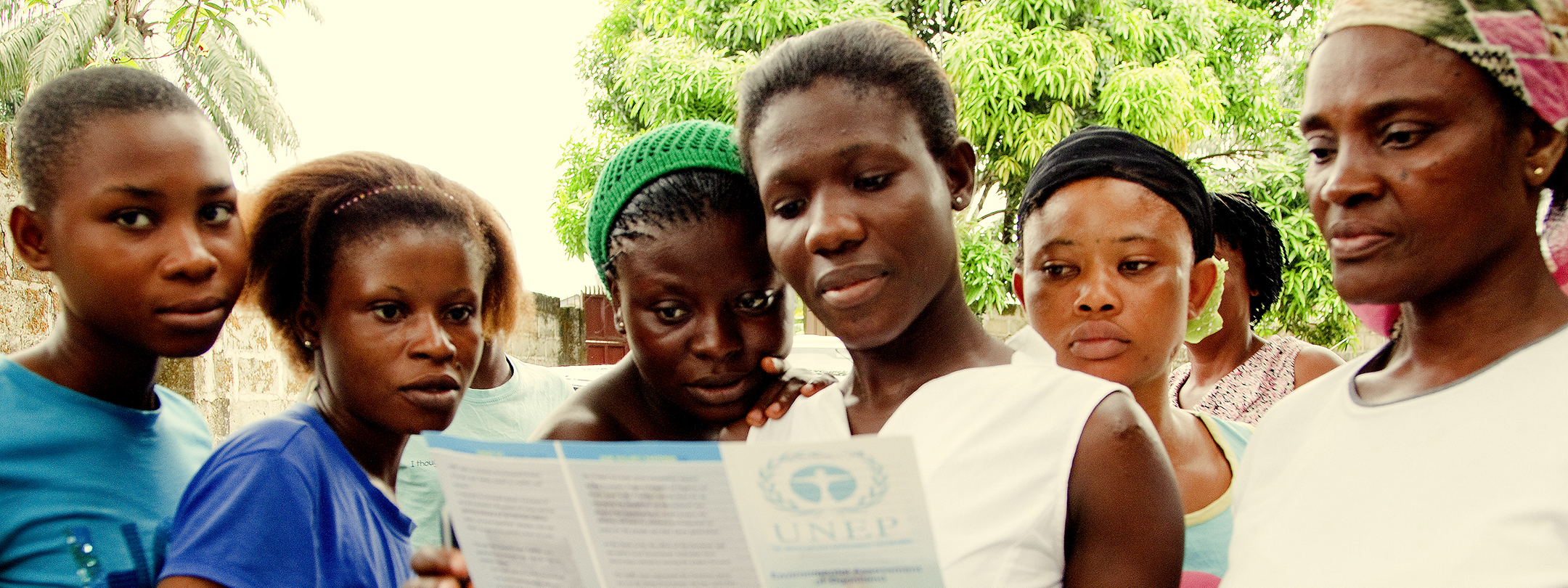Generations for Peace Programmes in Kaduna, Nigeria: Monitoring and Evaluation Capability and Programme Impact
Publisher: Generations for Peace Institute
Author(s): Sairah Yusuf
Date: 2012
Topics: Economic Recovery, Livelihoods, Monitoring and Evaluation, Programming
Countries: Nigeria
This focus stems from two considerations: first, the state of the Sport for Peace and Development (SPD) field, where a number of recent works have noted the enthusiasm for sport as a peace-building tool amongst certain groups – and the parallel scepticism with which such efforts are viewed by others. Together, these studies point towards the dearth of evidence-based assessments and integrated systems of monitoring and evaluation in the SPD sector.2 In order to address this, this report presents a case study of GFP programmes in Kaduna, Nigeria, charting the presence of monitoring and evaluation (M&E) processes in Kaduna and paying attention to areas of success as well as gaps in M&E capability. The study then independently presents evidence and assesses the overall impact of this programme in the targeted community against the standards of change set by the volunteers themselves. Second, this focus is based on the nature of the project of change itself. In a community-driven project of change, it is community members who are responsible for identifying target communities, carrying out needs assessments and baseline studies, selecting entry points and targets, deciding how best to impart their message with the resources available, and determining the impact of their interventions over a period of time.
